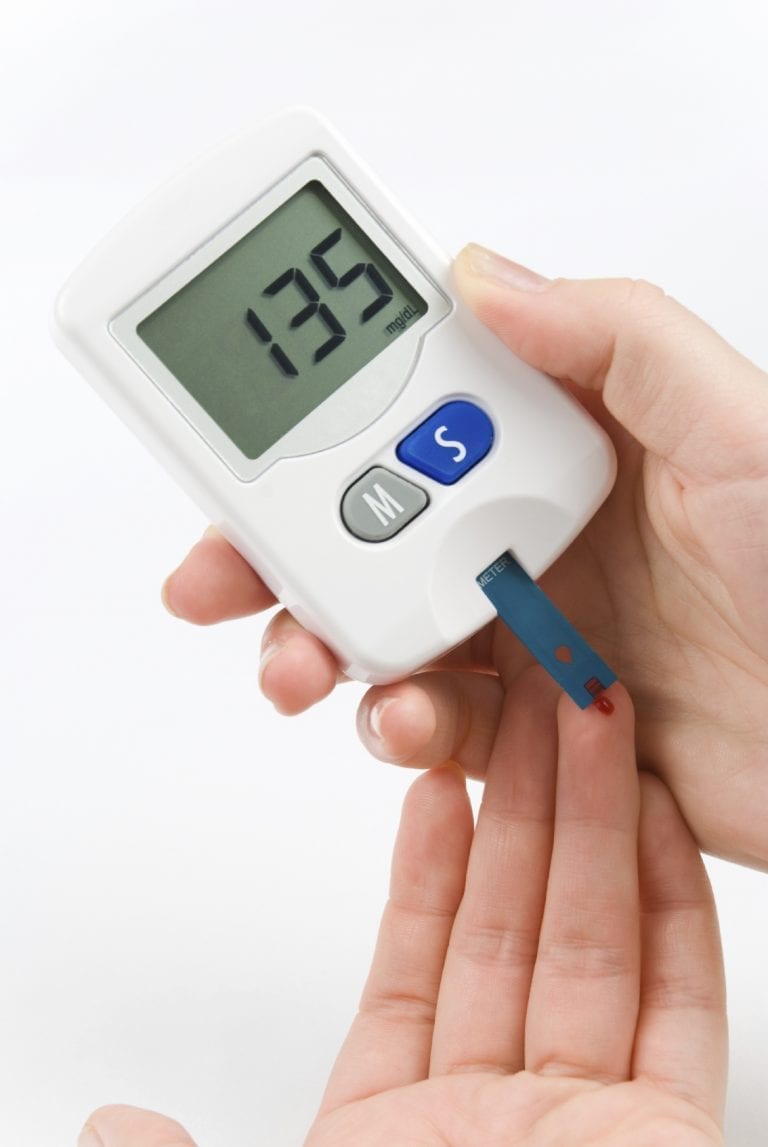In getting preconception care, you will work with your healthcare provider to learn what your particular health risks are regarding pregnancy, and how to prevent problems. You’ll plan the best time to have a baby and learn how to prepare for meal planning, medications and exercise during pregnancy.
For you, preconception care can help to make sure you are in the best possible health, for example, this may mean controlling blood pressure or losing weight before you conceive. You’ll also learn which medications, herbs or supplements that could cause problems with a pregnancy. You’ll also learn the importance of getting folic acid in your diet every day to prevent birth defects.
For your baby, preconception care can help prevent miscarriage (pregnancy loss) or stillbirth (baby born dead). It helps prevent birth defects and it encourages healthy growth for you and your baby throughout your pregnancy so so that your baby is not too big or too small.
Even if you’re not planning on getting pregnant anytime soon, you should still take good care of yourself. And this includes getting a physical exam every year, keeping blood sugars under control, losing weight if you need to, talking to your healthcare provider about family palnning and taking folic acid during your childbearing years, typically ages 12 to 50.
During a preconception care visit, you’ll get a complete physical exam, and perhaps see specialists including a diabetes specialist and eye and kidney specialists. If you have high blood sugar or diabetes, you’ll be guided on keeping diabetes and blood sugar under control for at least 3 to 6 months before getting pregnant. You should continue your family planning method until your healthcare team feels you’re ready to get pregnant. And remember to get support from your family and friends along the way.
If you’re also undergoing care for infertility, follow all of the recommendations with regular preconception care. Controlling your blood sugar and diabetes can increase fertility and prevent problems.
Some insulin resistance syndromes, such as polycystic ovary syndrome (PCOS), may cause difficulty in getting pregnant. Talk to your health care provider about medications such as Metformin, which are considered safe. This medication increases ovulation and decreases miscarriage.
If you have diabetes or insulin resistant syndrome, you’ll be encouraged to receive preconception care, along with infertility treatments. Some infertility medications can affect blood sugars and may require medication adjustments.






Comments are closed.